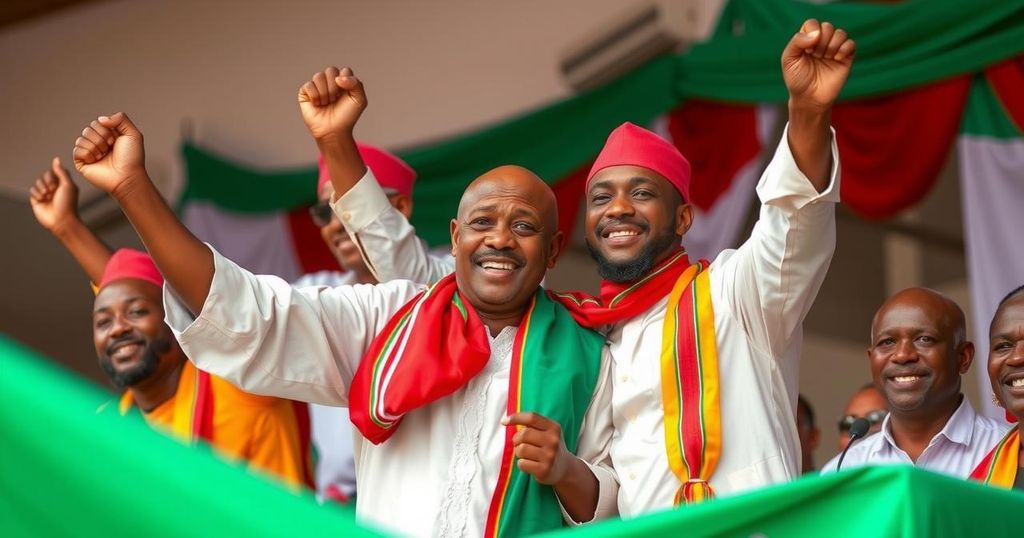Chad’s Ruling Party Secures Majority in Boycotted Parliamentary Elections

Chad’s ruling party won a majority in recent parliamentary elections boycotted by main opposition parties, reinforcing President Mahamat Idriss Deby’s political power amid concerns of election credibility.
The ruling party in Chad has secured a decisive victory in the recent parliamentary elections, which were boycotted by the primary opposition parties. Provisional results indicate that this outcome is likely to solidify President Mahamat Idriss Deby’s grip on political power. These elections were part of Chad’s ongoing transition to democracy initiated following Deby’s ascension to power in 2021 after the death of his father, former President Idriss Deby Itno, who ruled for over three decades. The election was framed by Deby as a crucial step towards decentralization, aiming to empower local governance across regional and municipal levels. However, more than ten opposition parties, including the prominent Transformers party led by Succes Masra, deemed the elections a “charade,” raising concerns over their legitimacy. This skepticism stems from controversial previous elections, which had been declared unreliable by election observers. The results of the latest elections arrive at a pivotal moment for Chad, facing multifaceted security threats and an altered relationship with France, its longstanding ally.
The parliamentary elections in Chad represent the final phase of a political transition towards democracy, prompted by the military rule of Mahamat Idriss Deby since 2021. After the demise of his father, who had a lengthy tenure as president, Deby has sought to reshape the political landscape. The significance of these elections is further underscored by ongoing security issues in the region and the government’s efforts to empower local authorities through decentralization. International observers have previously questioned the credibility of Chad’s electoral processes, thus amplifying the tensions surrounding the recent vote.
In summary, the ruling party’s success in the parliamentary elections consolidated President Deby’s authority amidst a backdrop of opposition boycott and previous allegations of flawed electoral practices. The call for decentralization presents an avenue for change, yet the exclusion of significant opposition raises questions about the democratic process in Chad. As the nation navigates through security challenges, the political implications of this electoral outcome will remain significant.
Original Source: www.washingtonpost.com






